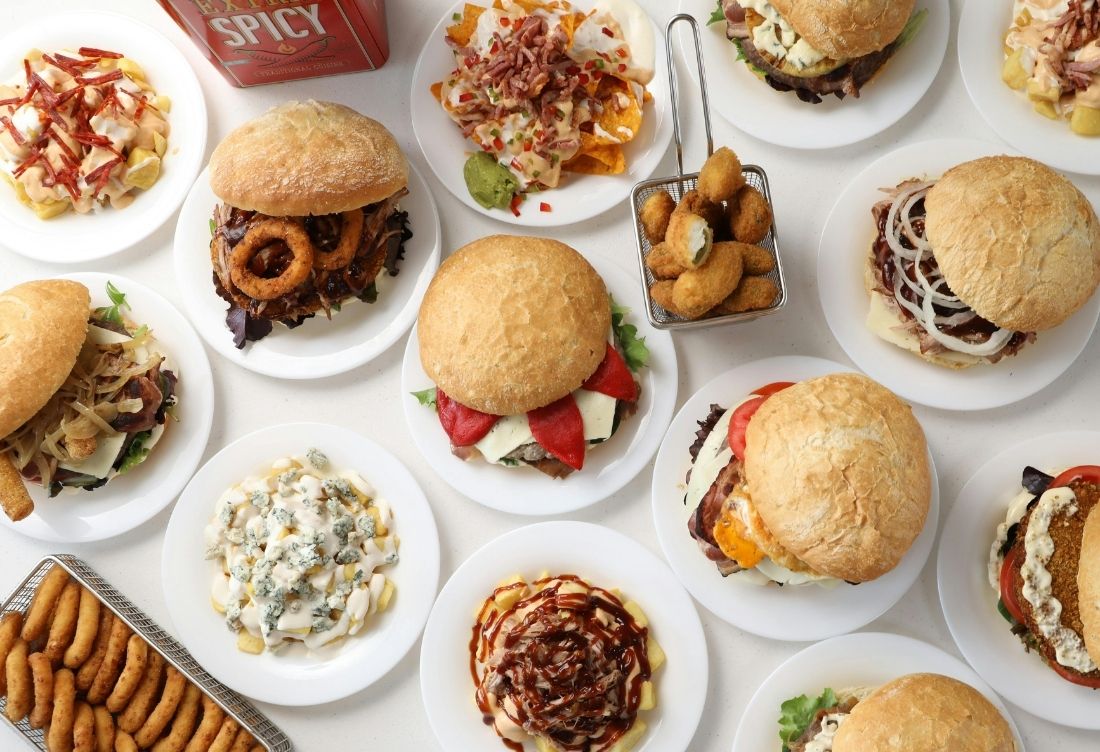Why Your Cholesterol May Not Be Lowering Despite Your Diet
Cholesterol is often associated solely with diet. However, the truth is more complex. A healthy diet is certainly an important step in lowering cholesterol, but sometimes it’s not enough on its own. This is primarily because the liver produces most of the cholesterol in our bodies. So, our body’s biology is as much a determining factor as what we put on our plates.
How Much Cholesterol Can Be Lowered Through Diet?
According to scientific data, with a proper nutrition plan:
- 10–20% decrease in total cholesterol,
- A 10–15% decrease in LDL (bad) cholesterol is possible.
However, this rate varies from person to person. For example, someone with borderline high cholesterol may see rapid results with dieting, while those with very high cholesterol may see limited reductions.
So why isn’t dieting enough for everyone?
1️⃣ Genetic Factors
In some people, high cholesterol levels can be completelyfamilial reasonsIn this condition, known as “familial hypercholesterolemia,” the liver produces more cholesterol than normal. The most common symptom in these individuals is the inability to achieve adequate cholesterol reduction through diet.
2️⃣ Lifestyle Habits
Cholesterol levels are not only affected by what we eat.
- Inactivity,
- Excess weight,
- Smoking,
- Chronic stress also disrupts cholesterol balance.
A person who diets but remains inactive or continues to smoke may not experience the desired reduction.
3️⃣ Underlying Health Problems
Sometimes high cholesterol is a sign of another condition:
- Hypothyroidism: Underactive thyroid gland causes high cholesterol levels.
- Diabetes: Cholesterol metabolism is often impaired in diabetic patients.
- Certain medications: Birth control pills, cortisone derivatives, and some blood pressure medications can increase cholesterol levels.
What Should You Do?
If your cholesterol does not decrease despite all your efforts:
- First, support your lifestyle with regular exercise, a smoke-free life, and stress management.
- Reduce saturated fats and trans fats in your diet and focus on fiber-rich foods.
- If the results are still not satisfactory, be sure to consult your doctor. Medication or investigation of underlying conditions may be necessary.
✅ In conclusion:Cholesterol is influenced not only by our diet but also by genetics, lifestyle, and our body’s biochemistry. Therefore, diet is an important, but not sufficient, weapon. The best approach is to combine nutrition, lifestyle changes, and, when necessary, medical treatment.



